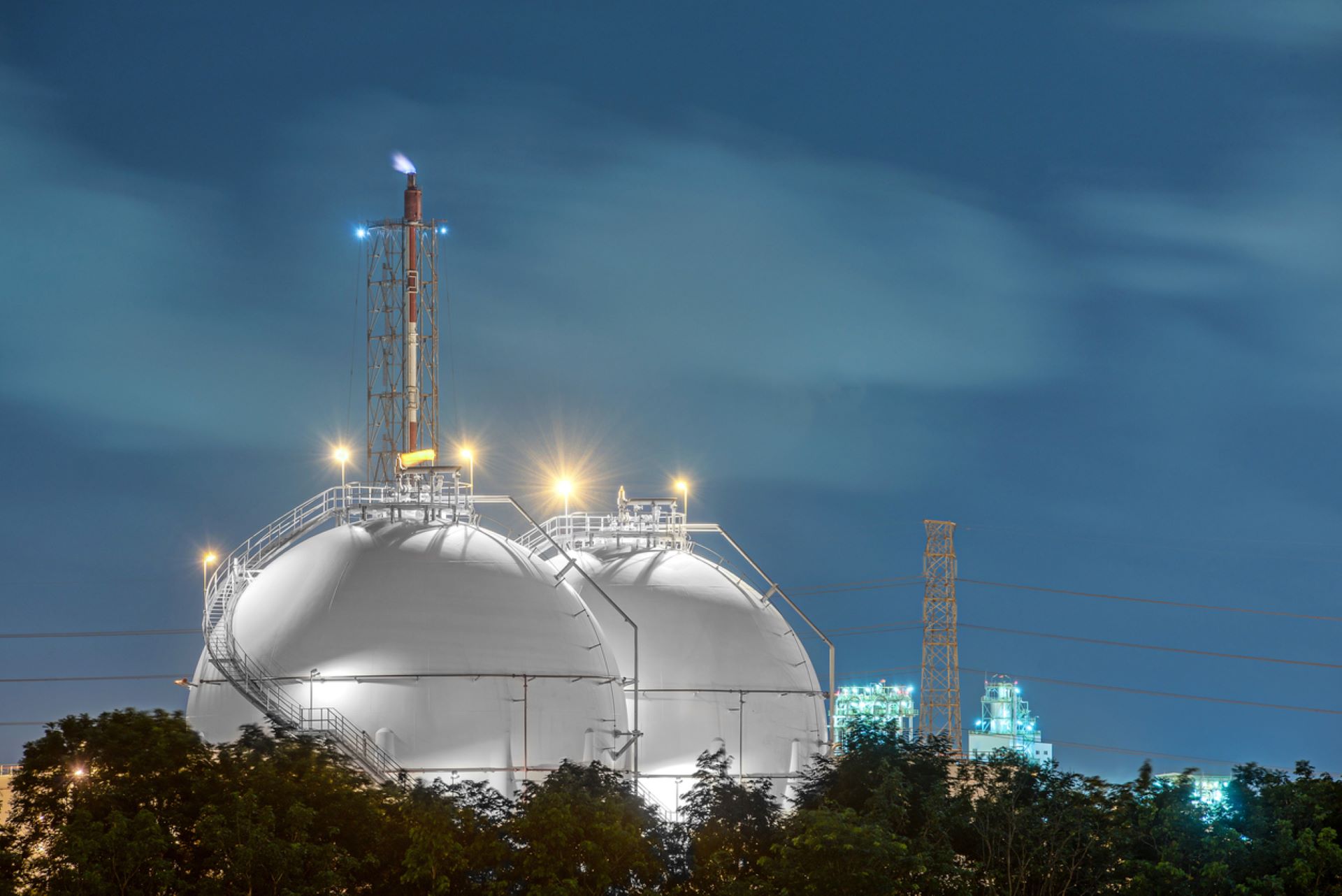In recent years, oil and gas companies using carbon offsets to market "carbon neutral" fuel have been called out as misleading. In November, environmental group Greenpeace turned the spotlight on Chinese oil and gas companies working with Shell.
According to Greenpeace, these companies have arrangements to buy "carbon-neutral" liquid natural gas (LNG), a greenwashing effort that masks the companies' lack of action to protect the environment, Reuters said.
What's happening?
On Nov. 27, environmental group Greenpeace revealed that Chinese firms like PetroChina and CNOOC Gas and Power have signed long-term agreements with Shell to buy LNG, a polluting fuel source, according to Reuters.
The fuel shipments were labeled "carbon neutral" based on what are called "forest offsets" — meaning carbon offsets from planting, improving, or simply not destroying forests. According to Greenpeace, this "carbon neutral" branding is misleading to the public.
"For oil and gas companies in particular, carbon offsets are a smokescreen to obscure their continued, redoubled carbon emissions," Li Jiatong, project leader with Greenpeace in Beijing, told Reuters.
Why does the marketing matter?
The idea of carbon offsets is that when a company produces a certain amount of heat-trapping carbon pollution, it should be able to make up for it by funding activities that trap an equal amount of pollution, like planting trees.
However, while many companies use "carbon offsets" to improve their public image, the effectiveness of that approach has been called into question. Some of these offset projects aren't removing as much carbon as they say they do, are taking credit just for "preventing" damage that might or might not have happened otherwise, are being counted more than once, or are giving companies credit in advance for efforts that will take decades to bear fruit even if they go as planned.
According to Reuters, Greenpeace also pointed out that among the projects being used by Shell, 80% of the trees being used are at moderate to high risk of burning down, turning them into sources of carbon pollution instead of carbon traps.
If oil companies are taking undue credit for halfhearted attempts to try to reduce their environmental impact, then it's yet another example of greenwashing — a pattern in which companies try to make their products look more eco-friendly than they are to boost sales and improve their public image. Shell, in particular, has been called out for greenwashing.
"Stapling those offsets to fossil fuels and claiming that they are net zero — it's bonkers," said Polly Hemming, director of the Climate and Energy Program at the Australia Institute.
What's being done about deceptive fuel marketing?
Greenpeace's allegations are calling attention to the issue of "carbon neutral" LNG, raising public awareness and discouraging consumers from trusting in this type of campaign.
Individuals can help by choosing affordable, cleaner energy sources — for example, switching to electric cars and appliances and installing solar.
Join our free newsletter for cool news and actionable info that makes it easy to help yourself while helping the planet.









